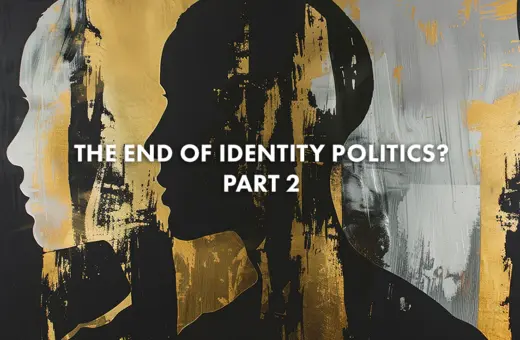We are currently sat upon a population time bomb. 'Population ageing is the most pervasive and dominant demographic trend' according to the IMF, with 1 in 6 people being over 60 by 2030 and the cost of caring for the oldest being 16 times higher than teenagers. One key aspect of this crisis is retirement. Unless we rethink the way we fund retirement, and institute a 'Grey new deal' writes Teresa Ghilarducci, we run the risk of delaying a core part of our social contract. With a few small changes to how we fund, think, and justify retirement, we can ensure future generations will have the twilight years they deserve.
Americans are obsessed with the idea that age doesn’t limit work competency – an idea that was very publicly put to the test in the recent US presidential debate. After years of insistence that Biden, 81, was fully capable of the physically and mentally taxing tasks of presidential office, his performance in the debate indicated otherwise. Meanwhile Trump, his 78-year-old opponent, was the subject of speculation over his own mental and physical frailty during his presidential term. Despite ample evidence that age does impact our energy, health and abilities, Americans have come to normalize working indefinitely. Susan Jacoby wrote in her 2011 book "Never Say Die," “the cultural obsession with the notion that individual choices can prevent ageing causes us a national delusion that we can’t ever help people say enough is enough.” Retirement is a dignified stage of life, but Americans were bushwhacked, uniquely among other Western countries, into thinking it is not. As I argue in my book Work, Retire, Repeat: The Uncertainty of Retirement in the New Economy, we need to rethink these beliefs and view retirement as a right, not a privilege.
___
With this bipartisan, neoliberal agreement, balanced budgets took priority, leading to continued austerity and promoting the "working longer" solution in the late '70s.
___
The American “successful aging” and independent aging movement in the 1970s, combined with an unusual Democratic and Republican unity in the 1980s to stop expanding Social Security, created conditions for the status of being retired, or demanding funded retirement periods, to be denigrated. With this bipartisan, neoliberal agreement, balanced budgets took priority, leading to continued austerity and promoting the "working longer" solution in the late '70s. The dominant expert opinion was that the solution to rising pension costs was for everyone to work longer.
At the same time, enterprising financial firms created an attractive alternative to a pension plan: a tax-favored individual account that would substitute for employer pensions. The individual account, which shifted risk from the employer to the employee, emerged in the form of the 401(k) in the early 1980s. This shift, along with shrinking Social Security benefits due to the rise in the normal retirement age and a growing ideology that older people would find meaning in more paid work, was revealed in a World Bank report written in 1994 by American economist Estelle James titled, in classic World Bank fashion, “Averting the Old Age Crisis: Policies to Protect the Old and Promote Growth”. The title reflected the World Bank’s titular concern for humanitarian issues with the ultimate goal of promoting economic growth.






















Join the conversation